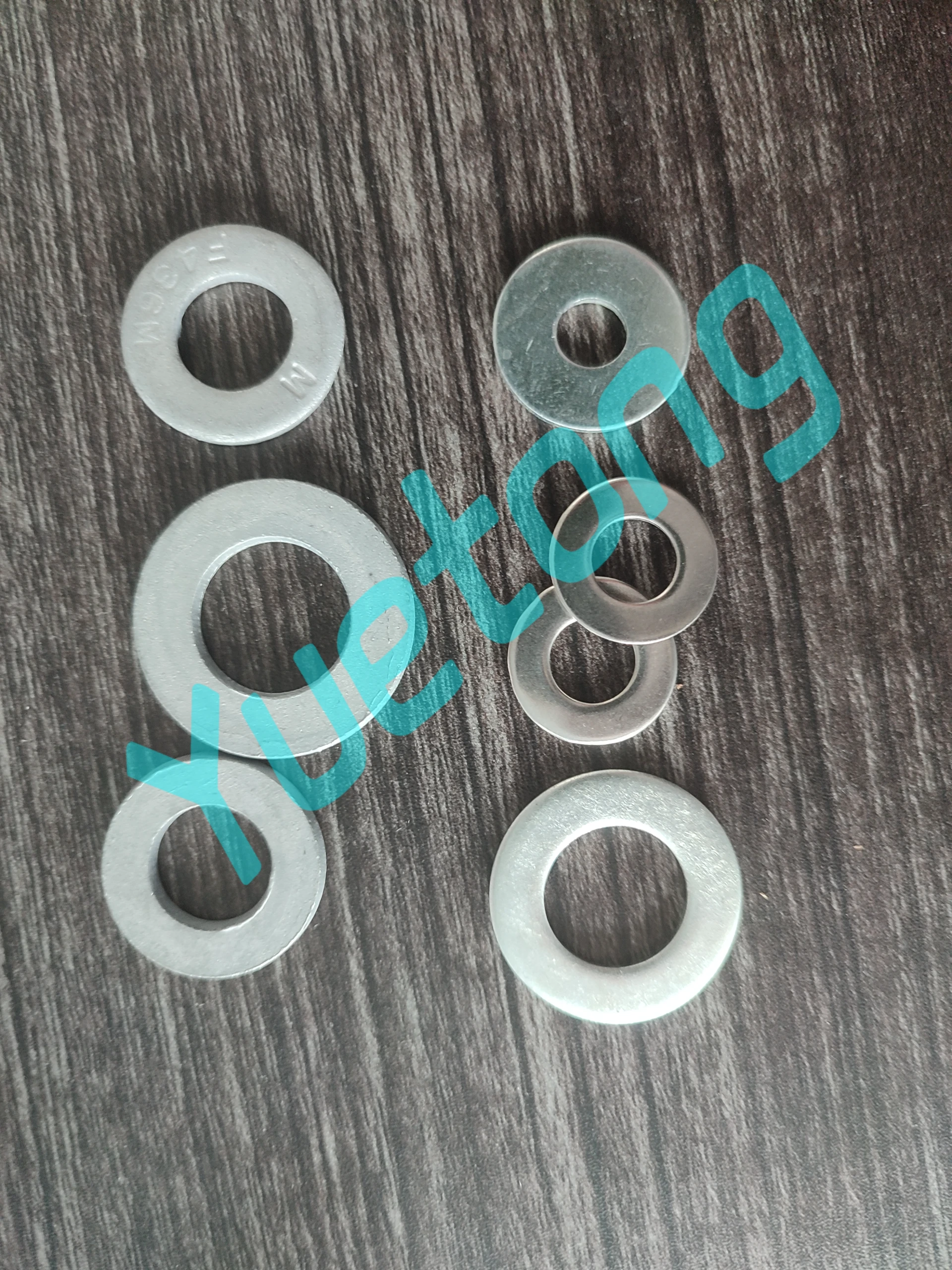Ago . 29, 2024 08:42 Back to list
All Kinds of Bolts and Nuts - Your Ultimate Fastener Source
All Kinds of Bolts and Nuts Understanding Fasteners
Bolts and nuts are essential components in the world of construction, mechanics, and engineering. They are fasteners that hold materials together, ensuring stability and integrity in structures ranging from simple furniture to complex machinery. This article delves into the various types of bolts and nuts, their applications, and the significance they hold in various industries.
Types of Bolts
1. Hex Bolts Also known as hexagon bolts, these are characterized by their hexagonal heads. They are designed for various applications, providing excellent grip and strength. Hex bolts are commonly used in structural applications, machinery assembly, and construction.
2. Carriage Bolts These bolts have a round head with a square section underneath that locks into place when tightened. Carriage bolts are frequently used in wood and metal applications where a smooth finish is desirable.
3. Lag Bolts Often referred to as lag screws, these heavy-duty fasteners are designed for wood applications. With a thick and coarse thread, lag bolts provide excellent holding power and are typically used in heavy timber construction.
4. Shoulder Bolts These bolts feature a smooth section under the head, creating a bearing surface. Shoulder bolts are essential in applications where a rotating or pivoting function is required, such as in machinery and fittings.
5. J-Bolts Shaped like the letter J, these bolts are typically used for anchoring purposes. They are embedded in concrete and used for structural support in various applications.
Types of Nuts
all kinds of bolts and nuts

1. Hex Nuts The most common type of nut, hex nuts are often paired with hex bolts. They are versatile and come in various materials, including steel, stainless steel, and brass, making them suitable for a wide array of applications.
2. Lock Nuts Designed to resist loosening under vibrations, lock nuts come in various styles, including nylon-insert and serrated types, ensuring that they stay securely fastened in dynamic environments.
3. Wing Nuts Featuring two wings on either side, these nuts can be tightened by hand without the need for tools. They are often used in applications where components require frequent adjustments.
4. Cap Nuts These nuts have a closed end, offering protection to the threads of bolts while also providing a finished look. Cap nuts are commonly used in decorative applications or in situations where safety is a concern.
5. T-Nuts Shaped like the letter T, these nuts are designed for use in wood or composite materials. They provide a strong, secure hold, making them ideal for furniture and cabinetry.
Applications in Industry
Bolts and nuts are vital in industries such as automotive, aerospace, construction, and furniture manufacturing. Their ability to securely fasten different materials together helps to ensure the safety and longevity of structures and machines.
In summary, understanding the different types of bolts and nuts is crucial for anyone involved in construction or manufacturing. By selecting the appropriate fasteners for specific applications, one can ensure the stability, durability, and functionality of their projects. Whether it's a small DIY endeavor or a large-scale industrial application, the right choice of bolts and nuts can make all the difference.


